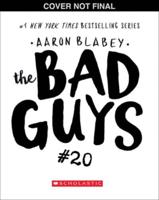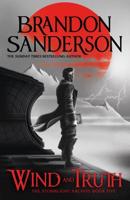Publisher's Synopsis
This historic book may have numerous typos and missing text. Purchasers can usually download a free scanned copy of the original book (without typos) from the publisher. Not indexed. Not illustrated. 1851 edition. Excerpt: ... 226 CHAPTER XII. THE ENGLISH MAGICIANS: DR. DEE AND HIS FOLLOWERS. Whatever may have been the means employed to produce the effects described at the end of the preceding chapter, there must have been a great and general tendency to belief on the part of those to whom they were exhibited. This credulity seems to have risen to its greatest height at the time of the reformation, as though, when the mind had been suddenly relieved from intellectual restraint, it overleaped in the first burst of liberty every bound to which sober reason would naturally confine it. When we see men of the greatest talents and the most profound learning shutting themselves in their secret studies to push their anxious researches bejond the limits of natural knowledge, and hear them talking soberly of their intercourse with spirits of another world and with their rulers, we are almost driven to believe that the world had been suddenly deluged with a host of demons who amused themselves with turning to mockery the intellectual powers of the human race. Nor perhaps was this mental infatuation entirely without its use, for we must not forget that we owe some of our fundamental discoveries in science to the magicians of the sixteenth and seventeenth centuries, and that one of the most universally necessary articles of the present day, our almanacks, are derived from the astrologers. There is something extraordinary in the rage for the study of what were called the occult sciences which manifested itself at the period of which we are speaking. In our own country, Caius, the founder of a college of learning in one of our universities, Dee, one of the first mathematicians of his age, and many of the wisest and best among their contemporaries, gave implicit belief to the...

























